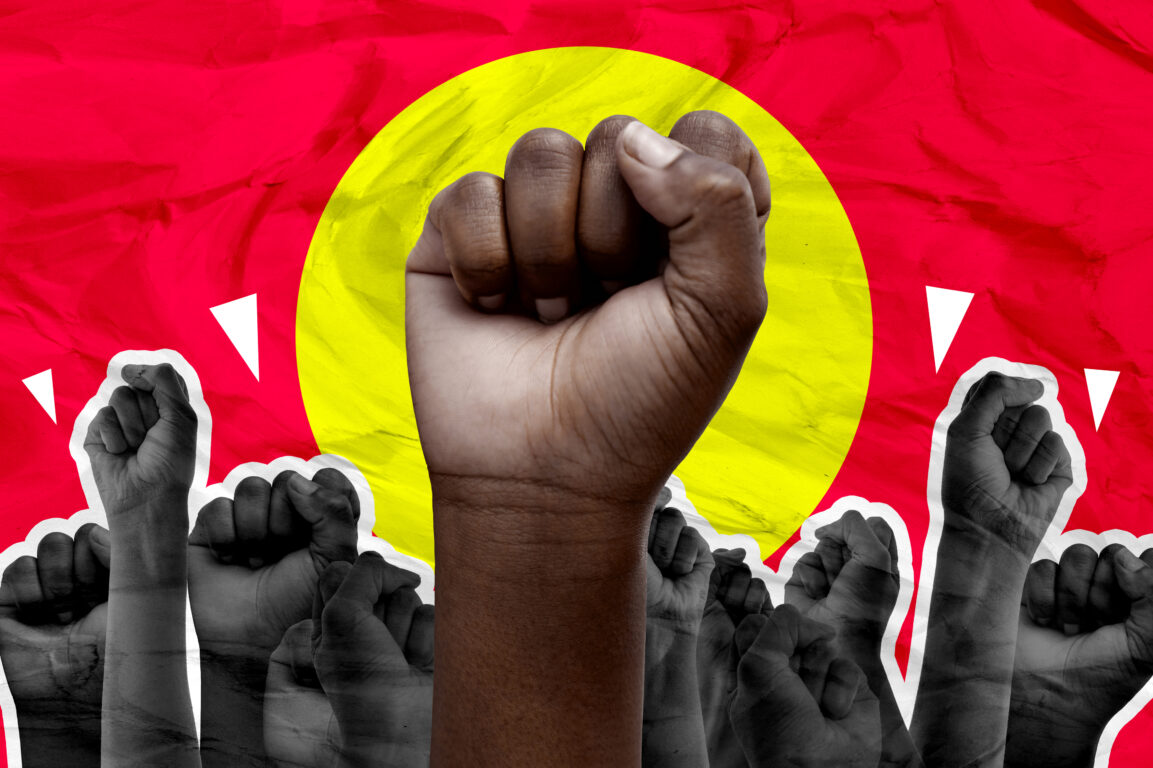Why police and civil society want bill restricting protests withdrawn

Government agencies and civil society organisations overwhelmingly rejected the Assembly and Demonstration Bill (National Assembly Bill No. 28 of 2024) on Tuesday.
Appearing before the Committee on Administration and Internal Security, the National Police Service, the National Police Service Commission (NPSC), the Independent Policing Oversight Authority (IPOA), Kenya National Commission on Human Rights, and 11 other civil society groups condemned the Bill as retrogressive.
The Bill, sponsored by Mbeere North MP Geoffrey Ruku, seeks to provide a legal framework for the regulation of assemblies, demonstrations, picketing and petitions. However, it has sparked controversy for its potential to infringe on constitutional rights, stifle dissent, and grant excessive powers to law enforcement agencies.
The Bill has become a flashpoint in Kenya’s ongoing struggle to balance public order with democratic freedoms. While MP Ruku argues that the Bill is necessary to maintain peace and security, stakeholders contend that it risks undermining the very foundations of Kenya’s democracy.
Concerns regarding constitutional rights
At the core of the opposition is the concern that the Bill undermines fundamental rights enshrined in the Constitution of Kenya, particularly the right to assemble, demonstrate, picket, and petition.
Article 37 of the Constitution and Cap. 56. (Section 5) of the Public Order Act provides for the regulation of public meetings and processions. Critics argue that the Bill imposes overly restrictive conditions, such as mandatory notifications and approvals from authorities, which could be used to suppress legitimate protests. The Kenya National Commission on Human Rights (KNCHR) and civil society groups raised alarm over the Bill’s potential to infringe on the freedom of assembly and expression. According to KNCHR, the role of law enforcement should be to facilitate demonstrations, as guaranteed by the Constitution.
The Bill grants sweeping powers to law enforcement agencies, including the authority to disperse assemblies deemed “unlawful” based on subjective criteria. Stakeholders fear that this could lead to arbitrary crackdowns on peaceful protests, especially those critical of the government. The lack of clear guidelines on what constitutes an “unlawful” assembly raises concerns about potential abuse of power and the targeting of marginalised or dissenting voices.
“The Bill risks introducing measures that could be weaponised against peaceful protesters, limiting their ability to freely assemble. This goes against our mandate to ensure police accountability and the protection of civil liberties,” noted IPOA.
The NPSC and IPOA strongly opposed the Bill, arguing that existing legal frameworks (specifically the Public Order Act (Cap. 56, Section 5), which is currently under review), already sufficiently regulate public gatherings. As stated by the NPSC, “the existing legal frameworks are sufficient…” They cautioned that the Bill could create legal conflicts and inconsistencies within the law.
“The commission believes that amending the Public Order Act to align with the international standards is the most efficient and effective way to address current concerns, rather than creating a new and separate Assembly and Demonstration Bill,” NPSC CEO Peter Leley told the MPs.
Stakeholders pointed out that the Bill contains vague and ambiguous language. Terms like “public order”, “public safety”, and “inconvenience” are not clearly defined, creating uncertainty about how the law would be applied. This lack of clarity has led to fears that the Bill could be weaponised to silence opposition and curtail freedom of expression.
The Bill proposes harsh penalties for non-compliance, including hefty fines and imprisonment. Stakeholders argue that these penalties are disproportionate to the offences and could immensely affect vulnerable groups, such as grassroots activists and low-income individuals.
Calls to withdraw the Bill
In its submissions, the Katiba Institute told the Committee that the Bill is unconstitutional, flawed, and colonial and another attempt by the State to frustrate the democratisation journey. It argued that although the Bill “intends” to regulate the right to assemble and demonstrate, “it kills this right.”
Committee members sought clarity on whether amendments to the Bill could address these concerns. However, the stakeholders urge its complete withdrawal and the integration of any necessary reforms into the ongoing review of public order regulations.
“The passing of the Assemblies and Demonstrations Bill will derail an existing amendment process founded on the detailed Maraga Taskforce Report and the experiential views of key security stakeholders,” IPOA CEO Elema Halake told the Committee.

